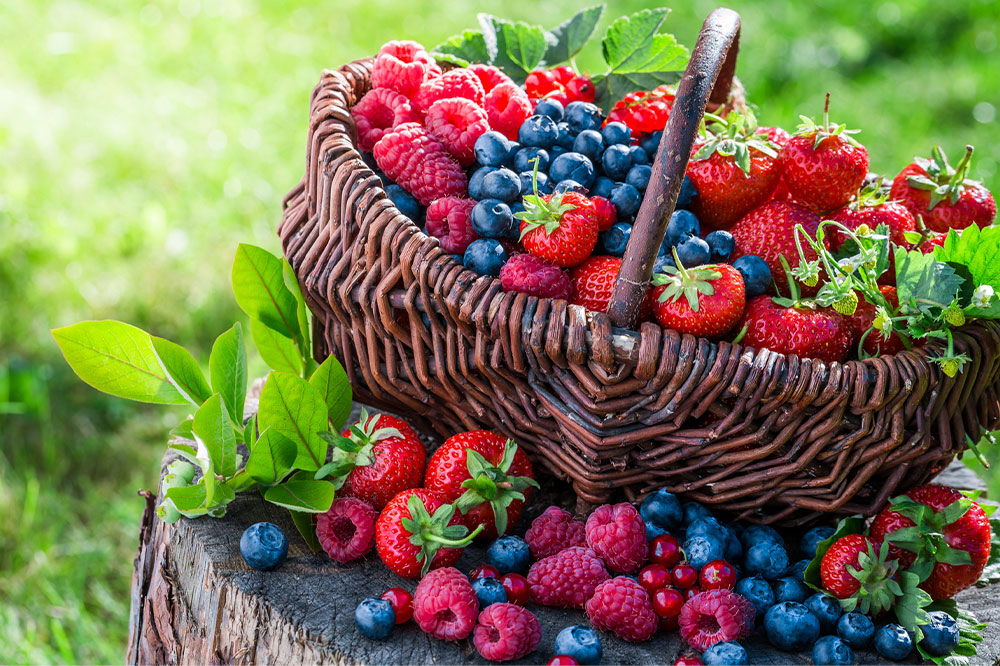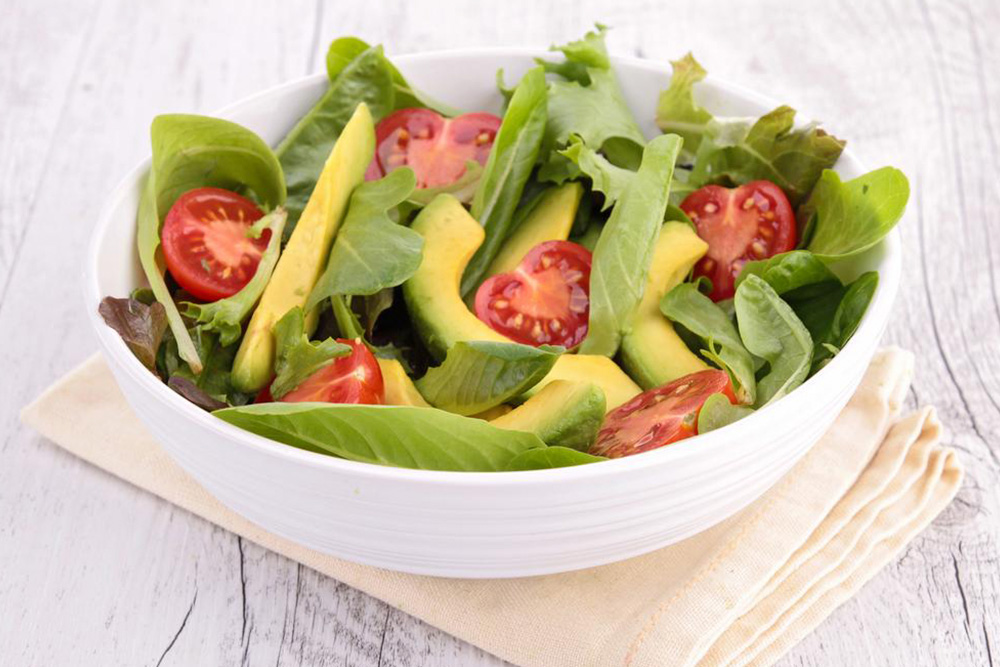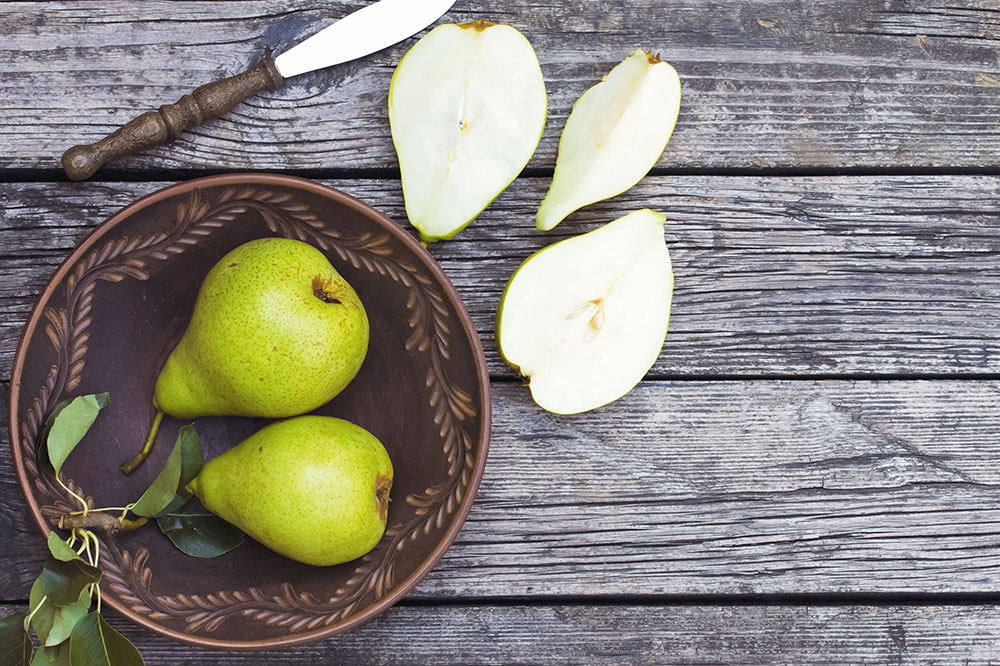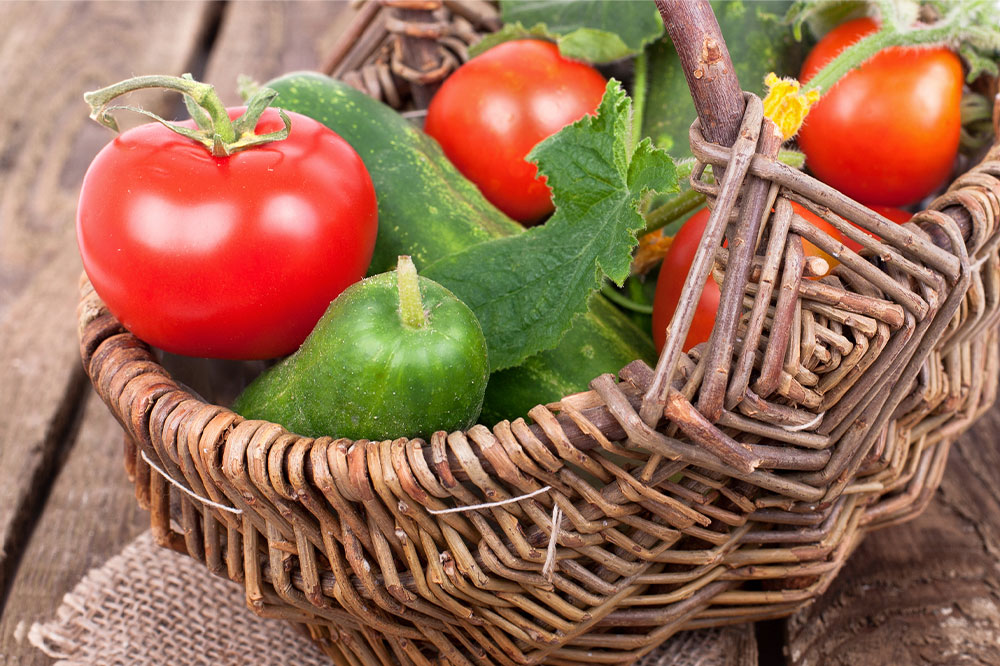Comprehensive Dietary Strategies to Manage Overactive Bladder Symptoms Effectively
Discover effective dietary strategies to manage overactive bladder symptoms, including nourishing foods and hydration tips. Learn how bananas, berries, cauliflower, and more can support urinary health, alongside medical treatments. A comprehensive approach to reduce urgency and frequency for improved quality of life.
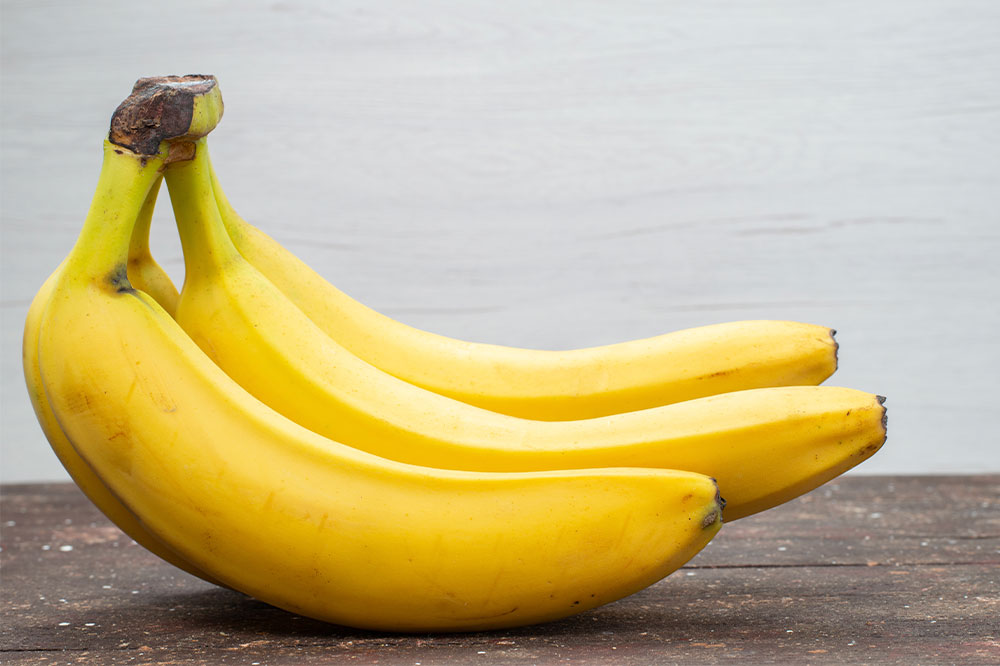
Comprehensive Dietary Strategies to Manage Overactive Bladder Symptoms Effectively
Overactive bladder (OAB) is a common condition characterized by an urgent and frequent need to urinate, often leading to inconvenience and reduced quality of life. While medical treatments are available, lifestyle modifications—including dietary adjustments—play a crucial role in alleviating symptoms. Understanding which foods support bladder health can significantly improve daily comfort and reduce the frequency of bathroom trips. This detailed guide explores over 20 nutritious foods and key dietary tips that can help manage overactive bladder symptoms and enhance urinary health.
Bananas
Bananas are a fantastic choice for supporting bladder health due to their rich content of dietary fiber and potassium. The fiber aids in maintaining healthy bowel movements, which reduces pressure on the bladder, while potassium helps regulate fluid balance within the body. Including bananas in your diet can help prevent urinary urgency caused by straining or bowel irregularities, making them an essential part of an OAB-friendly diet.
Berries
Berries, especially cranberries and blueberries, are well-known for their benefits to urinary health. Cranberries contain compounds that prevent bacterial adhesion within the urinary tract, reducing the risk of urinary tract infections (UTIs), which can worsen OAB symptoms. Blueberries are rich in antioxidants that combat oxidative stress and support overall urinary tract health. While incorporating berries, moderation is key to prevent any potential irritation from acidity and sugar content. Eating fresh, whole berries can bolster your dietary defenses against bladder discomfort.
Cauliflower
Cauliflower is a versatile vegetable packed with vitamin C, folate, and dietary fiber. It also contains bioactive compounds called indoles, which have anti-inflammatory properties and help reduce inflammation in the urinary tract. Regular consumption of cauliflower can help support bladder health by decreasing irritation and inflammation, which are common contributors to overactive bladder symptoms. Its versatility allows it to be incorporated into various dishes, from salads to roasted sides.
Water
Hydration is fundamental for healthy urinary function. Contrary to the misconception that drinking less fluid reduces urinary urgency, adequate water intake helps dilute urine, flush out toxins, and prevent infections. Experts recommend drinking at least 8 glasses of water daily, adjusting for individual needs. Proper hydration supports optimal bladder function, reduces the risk of concentrated urine irritating the bladder lining, and helps manage symptoms more effectively.
Winter Squash
Varieties like butternut, acorn, and kabocha squash are not only delicious but also highly nutritious. They are rich in vitamins A and C, antioxidants, and anti-inflammatory compounds, which can help soothe the bladder and reduce inflammation. Their low acidity and high fiber content make winter squash excellent choices for those with overactive bladder seeking to include more nutrient-dense, bladder-friendly vegetables in their meals.
Green Beans
Green beans are mild, low-acid vegetables that can be safely included in an OAB-friendly diet. They are rich in vitamins, minerals, and dietary fiber, supporting digestive health and preventing constipation—an important factor in managing bladder pressure. Green beans can be enjoyed raw, steamed, or baked, providing flexible options to incorporate into balanced meals without irritating the bladder.
Eggs and Egg Whites
Eggs are an excellent source of high-quality protein, crucial for overall health and tissue repair. They are gentle on the bladder, making eggs and egg whites suitable options for people with overactive bladder. Including eggs in your diet can provide essential nutrients and help maintain energy levels without exacerbating urinary symptoms. They can be added to salads, omelets, or used as protein-rich snacks.
Beyond dietary choices, consulting with healthcare professionals is vital. Medications such as MYRBETRIQ® (Mirabegron), GEMTESA® (Vibegron), and TOVIAZ® (Trospium) are approved treatments for managing overactive bladder. Each medication has its own profile of potential side effects, and a healthcare provider can help determine the most suitable option based on individual health needs and considerations. Combining diet with appropriate medical treatment enhances overall symptom management and quality of life.
In addition to these dietary recommendations, lifestyle modifications such as bladder training, pelvic floor exercises, and fluid management can further improve symptoms. Maintaining a healthy weight, avoiding bladder irritants like caffeine, alcohol, and spicy foods, and establishing regular urination schedules are integral strategies. Educating oneself about overactive bladder and making comprehensive lifestyle adjustments can lead to significant improvements in daily comfort and urinary health.
In conclusion, managing overactive bladder involves a multifaceted approach that includes mindful dietary choices. Incorporating bladder-friendly foods like bananas, berries, cauliflower, winter squash, green beans, and eggs, along with maintaining proper hydration, can lead to noticeable symptom relief. Combining these dietary strategies with medical guidance ensures a holistic approach to improving bladder health and enhancing overall well-being.

